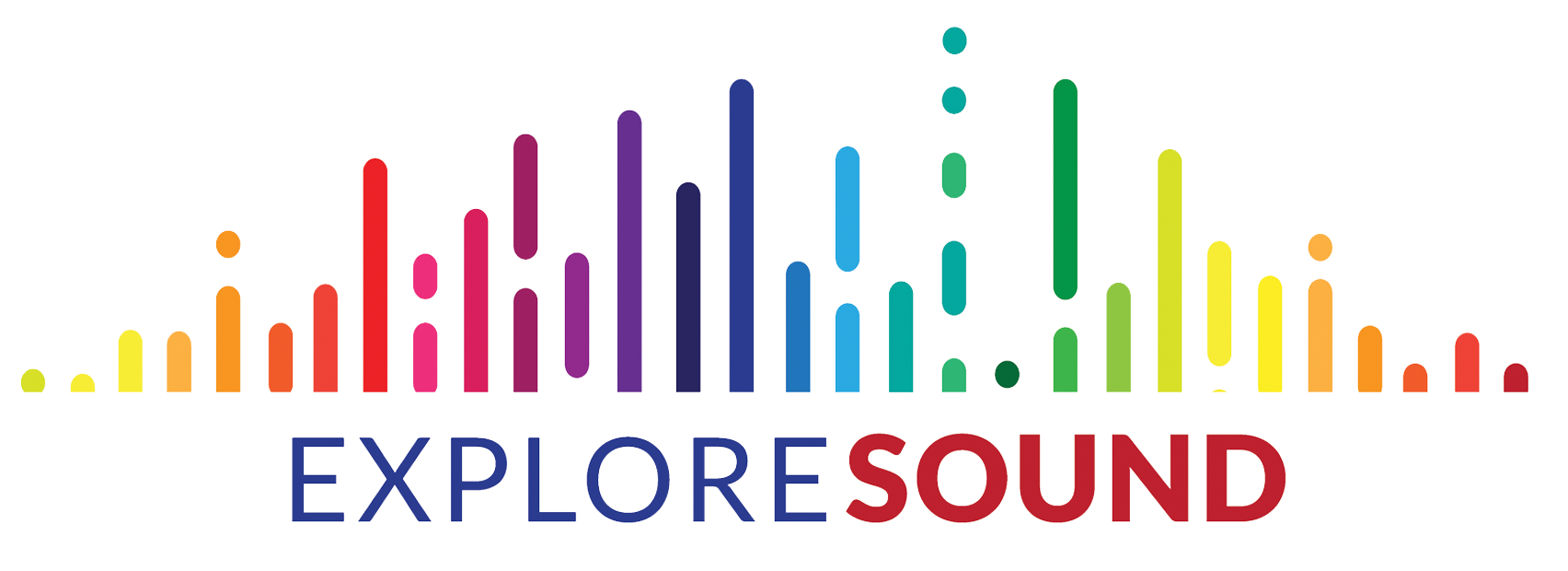Acoustics Program Directory
Find the right undergraduate or graduate program for you!
Search for specific acoustics programs using the form below. Click here to find out more about the 13 technical fields.
To see a list of all programs in the database, push the “View All Listings” button.
Click “Advanced Search” to search by field, school, location, and more!
The Master program in Signal Processing and Acoustics builds on a Bachelor program in Electronics and IT (or similar).
SIGNAL PROCESSING AND ACOUSTICS
Signal Processing and Acoustics is a two-year research-based full-time (120 ECTS) Master of Science in engineering program that builds on a Bachelor in Electronics and IT (or similar). The program has two parallel specializations; Acoustics and Audio Technology and Signal Processing and Computing.
SPECIALISATION IN ACOUSTICS AND AUDIO TECHNOLOGY
This specialization focus on acoustics and audio for advanced instrumentations, incl. the generation, transmission and propagation of sound and its possible influence on people, including sound perception, and how this is best measured and rated. Students will be taught the fundamentals of acoustics and electroacoustics, human sound perception and hearing, and architectural and environmental acoustics. Advanced measurement techniques, psychophysics, signal processing and modelling are explored for modern instrumentation, such as car audio, virtual reality, noise measurement and ratings, audiology and hearing aids. The purpose is for the students to obtain contemporary insight to the field and enable them to utilize state-of-the-art sound and audio technology.
SPECIALISATION IN SIGNAL PROCESSING AND COMPUTING
This specialisation concentrates on theories, algorithms and methods for advanced signal processing applied to a variety of functions, including speech recognition, positioning, wireless communication, healthcare, hearing aids and audio and video applications. Students learn how to design, simulate, test, evaluate and document signal processing systems, how to enhance the performance of algorithms and implementation platforms, use sensor models in system simulations and incorporate DSP algorithms into real-time hardware/software architectures.
Students have access to high-standard facilities, including anechoic rooms, infrasound chamber, listening cabins, standard listening rooms, audiometry room, high-quality measurement equipment and signal processing equipment and an auditory virtual reality workbench.
Funding is available from the Acoustical Society of America through a program of fellowships, scholarships, prizes, grants, and student and young professional awards.
There are also funding opportunities that are offered in connection with meetings of the Society including Student Travel Grants, Best Paper Awards for Students and Young Presenters, Young Investigator Travel Grants and Dependent Care Subsidies.
The Committee on International Research and Education oversees the International Student Grants program as well as sponsorship of Specialty Symposia in Acoustics.



